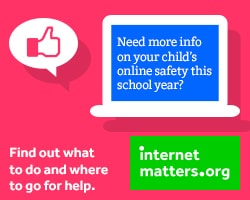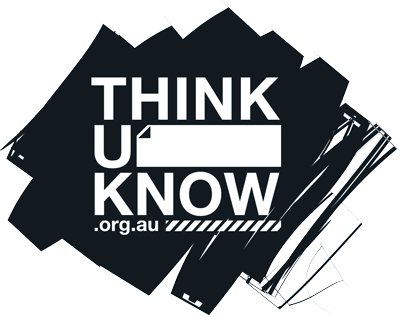Common Sense Media
Common Sense is dedicated to helping kids thrive in a world of media and technology. Media and technology are at the very centre of all our lives today — especially our children’s. Learning how to use media and technology wisely is an essential skill for life and learning in the 21st century. Common Sense Media helps families make smart media choices.
They offer the largest, most trusted library of independent age-based and educational ratings and reviews for movies, games, apps, TV shows, websites, books, and music. Their Parent Concerns and Parent Blog help families understand and navigate the problems and possibilities of raising children in the digital age.
NSPCC
The NSPCC has a wealth of information on their website to support parents on a wide range of issues. The Share Aware section is very useful for parents on advising children what not to share (especially the sort of selfies that are not appropriate).




